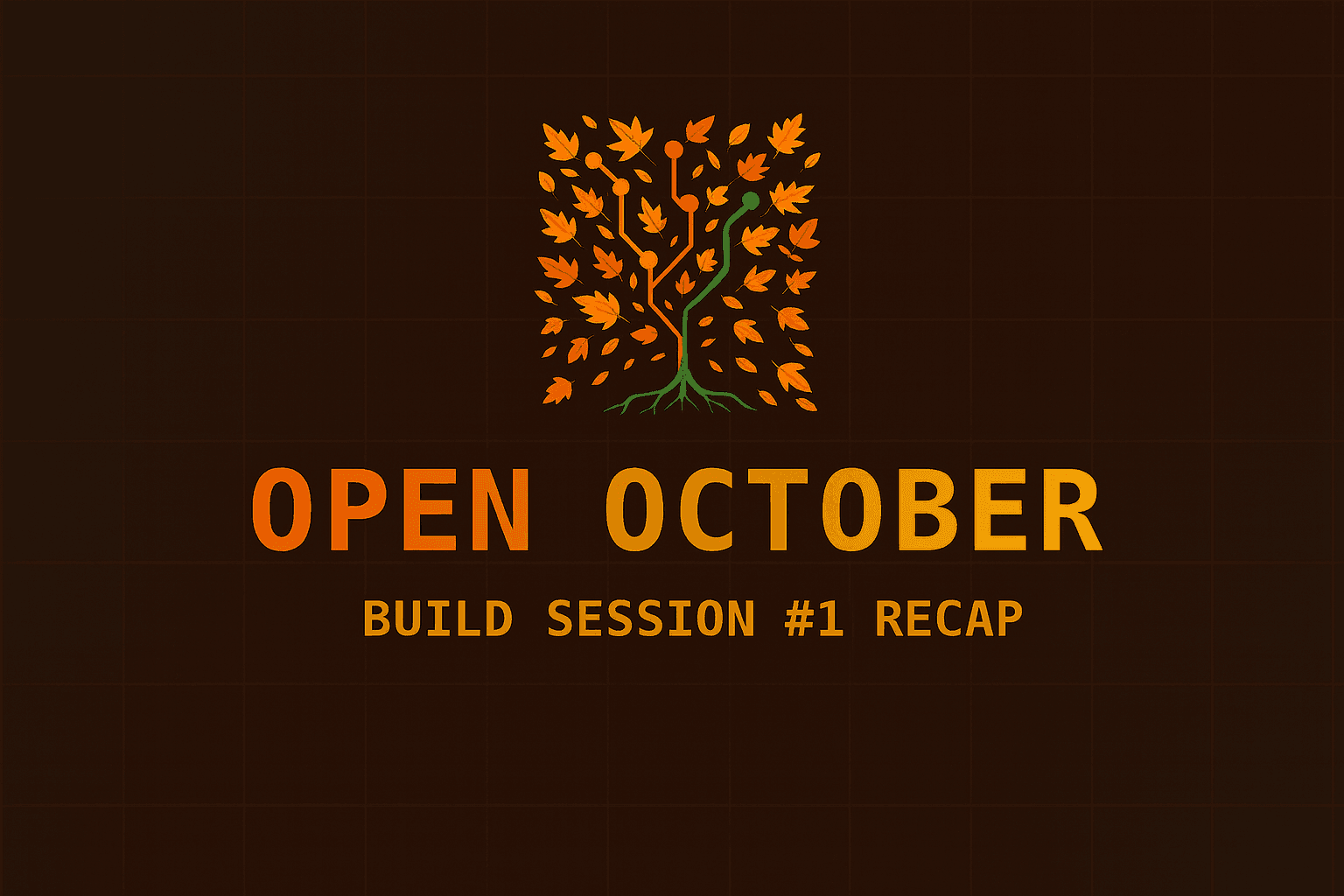On July 14th, 2025, the VibeCoding community gathered at Bamboo Royal Oak for an evening of collaborative energy, powerful demos, and deep conversation around how developers are building with AI — not in theory, but in practice.
Whether you're coding full-time, launching a startup, or just exploring what’s possible, this meetup showed that AI-assisted development is no longer optional — it’s foundational.
🎙️ Opening Remarks: David Baird, Founder of MySalt.ai
David Baird opened the night by sharing the roots of VibeCoding — a meetup born from curiosity and the hunger to experiment. Originally a musician, David transitioned into tech and eventually launched MySalt.ai, a platform for exploring personal workflows powered by AI.
“For me, AI feels like painting with technology — the way I used to build songs.”
David reflected on the divide he sees in engineering culture: some devs resist AI, others adopt it like a superpower. VibeCoding, he explained, is about crossing that gap — sharing tools, techniques, and pain points.
He also dropped practical gems:
Use rule-based prompting to set better expectations in tools like Cursor
Always version control your AI-generated code
Don’t rely solely on the AI — learn how to debug and inspect
Use tools like Replit to check for security vulnerabilities early
Read more: David's Insights
🔁 Colin Harman – Managing the Chaos of AI-Native Development
Colin Harman, former CTO of Nesh and founder of Snowfort.ai, kicked off the speaker series with a powerful insight:
“I measure progress by turns per task. Fewer turns = better prompting, better outcomes.”
Juggling up to eight projects at once, Colin introduced his new dev tool, Snowfort, built to help orchestrate AI workflows:
Manage AI tasks across projects
Get notified when outputs are ready
Analyze prompt efficiency
Sync across devices — including mobile
Colin’s takeaway: As developers, we’re now task managers, not just code writers.
Read more: Colin's Reasons for building Snowfort.ai
📱 Ramon Williams – Building Products as a Non-Technical Founder
Ramon Williams, CEO of Faire Rideshare and founder of The AI Standard, showed what’s possible when no-code meets well-structured AI prompts.
He helps non-technical entrepreneurs:
Go from prompt to full app scaffold
Choose tools like Kiki.dev, A0.dev, and Bolt.dev
Validate ideas without giving up equity or control
Ramon’s approach is built on a 6-step prompt framework that lets founders spin up MVPs from a single idea. He even demoed a passion project: an AI-assisted woodworking app that generates 3D build plans and step-by-step guides.
“I don’t just strategize — I get in the trenches and build with founders.”
Read more: Ramons Process w/ No-Code Tools
🔊 Mike Onslow – Prototyping Voice Interfaces, Fast
Mike Onslow, CTO at Clarity Voice and co-host of Artificial Antics, shared his side project: an AI-powered article reader that:
Scrapes and summarizes content using Gemini 2.5
Reads it aloud using 11Labs
Syncs narration word-for-word with the text
Mike’s key insights:
Extreme version control is non-negotiable
Let AI generate your documentation and re-onboard you after a break
Voice tech is expensive — but worth experimenting with
“I left the app for a month, came back, dropped it into Gemini, and it built me diagrams and docs better than I remembered.”
He prototyped everything using Cursor, Replit, Bubble, Celery, and PostgreSQL, sharing how each tool played a role in the rapid build.
Read more: Learning's from rapid prototyping a voice product
🔄 Final Takeaway: We’re All Orchestrators Now
The night wasn’t about hype — it was about execution. Each speaker showed that:
AI isn’t just a tool — it’s a collaborator
Great outcomes depend on great prompting and workflow design
Whether you’re a dev, founder, or explorer, the skill is knowing what to ask and what to build next
🙌 Big thanks to our speakers:
David Baird, MySalt.ai
Colin Harman, Snowfort.ai
Ramon Williams, Faire Rideshare / The AI Standard
Mike Onslow, Clarity Voice / Artificial Antics
📬 Want to attend the next VibeCoding event or share your work?
Follow us for updates and speaker highlights — and reach out if you’d like to present at a future meetup.


